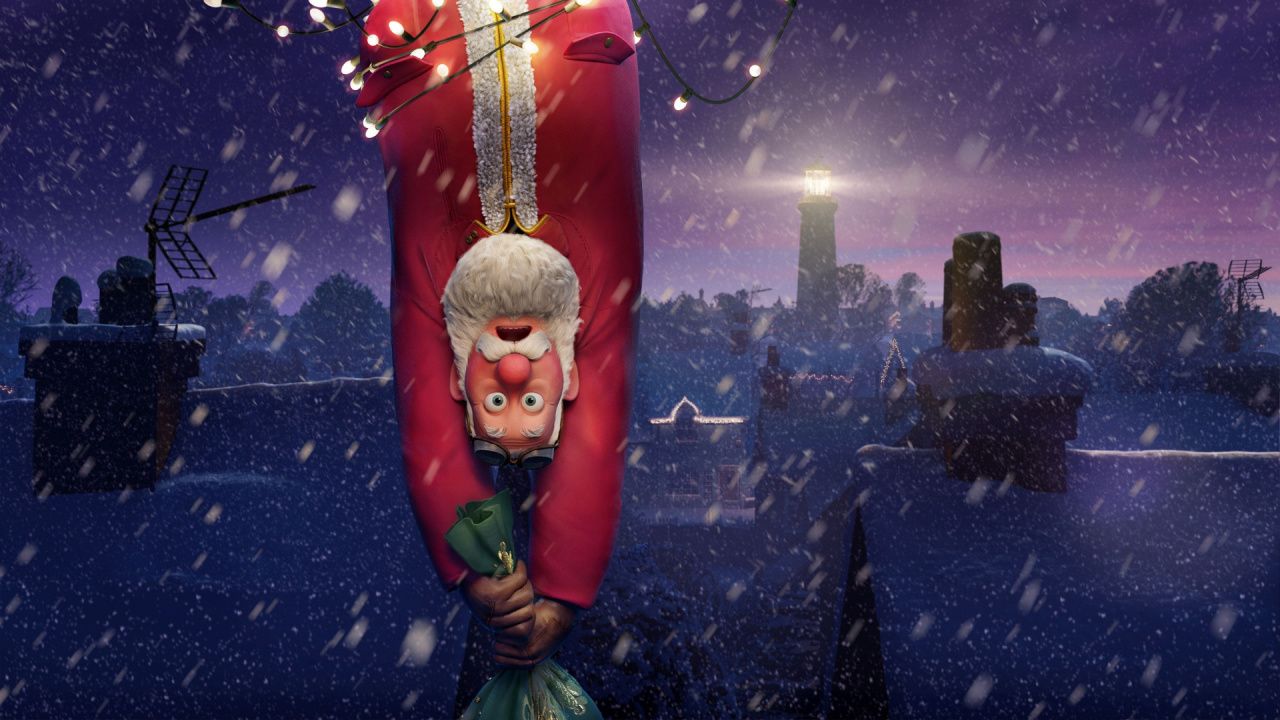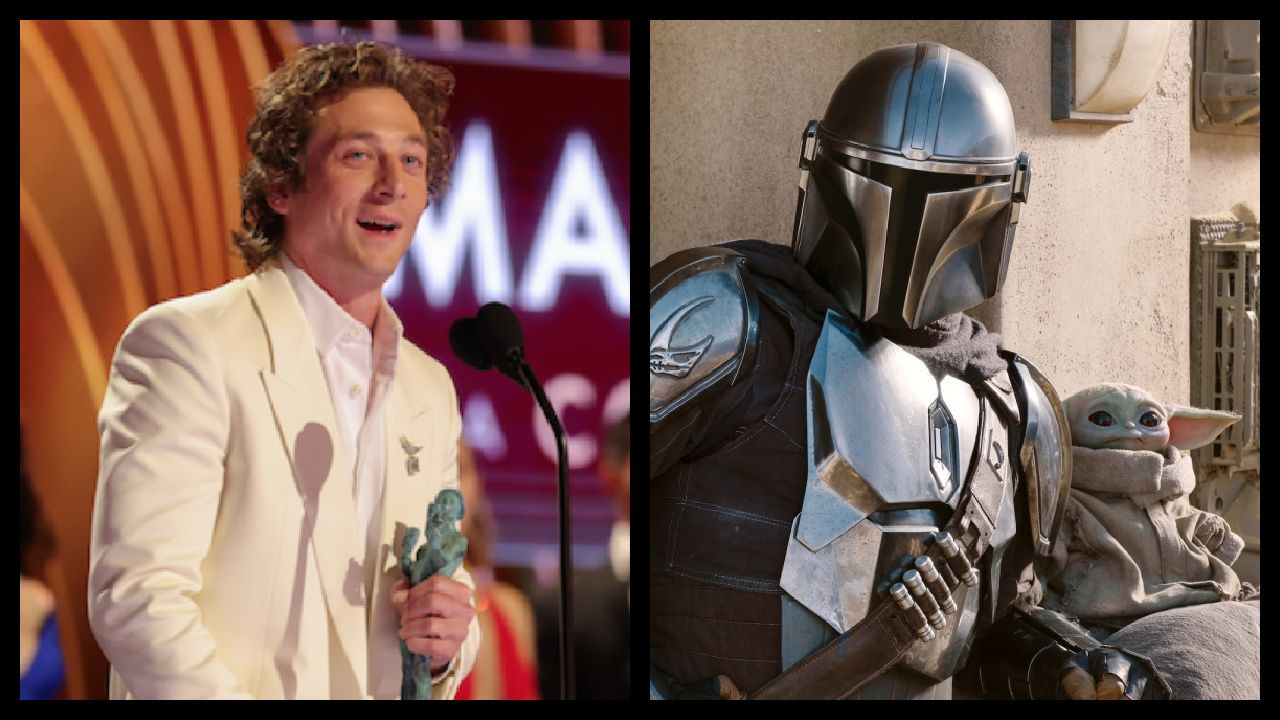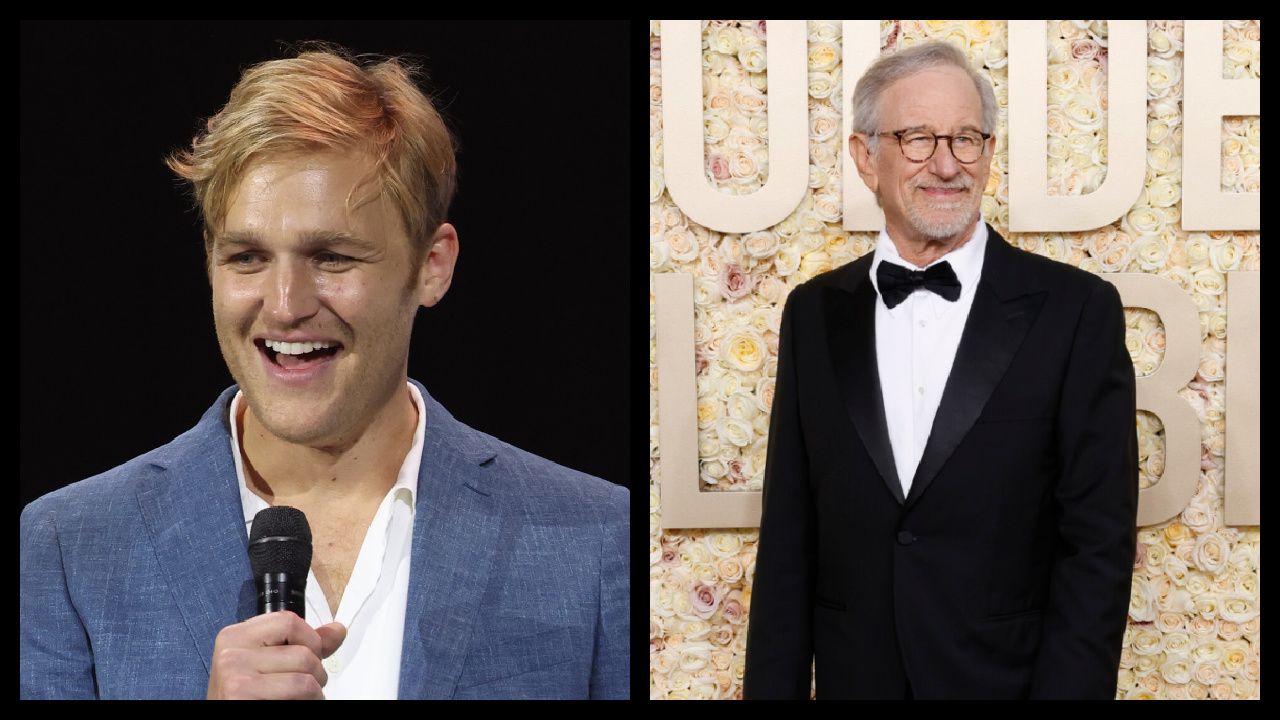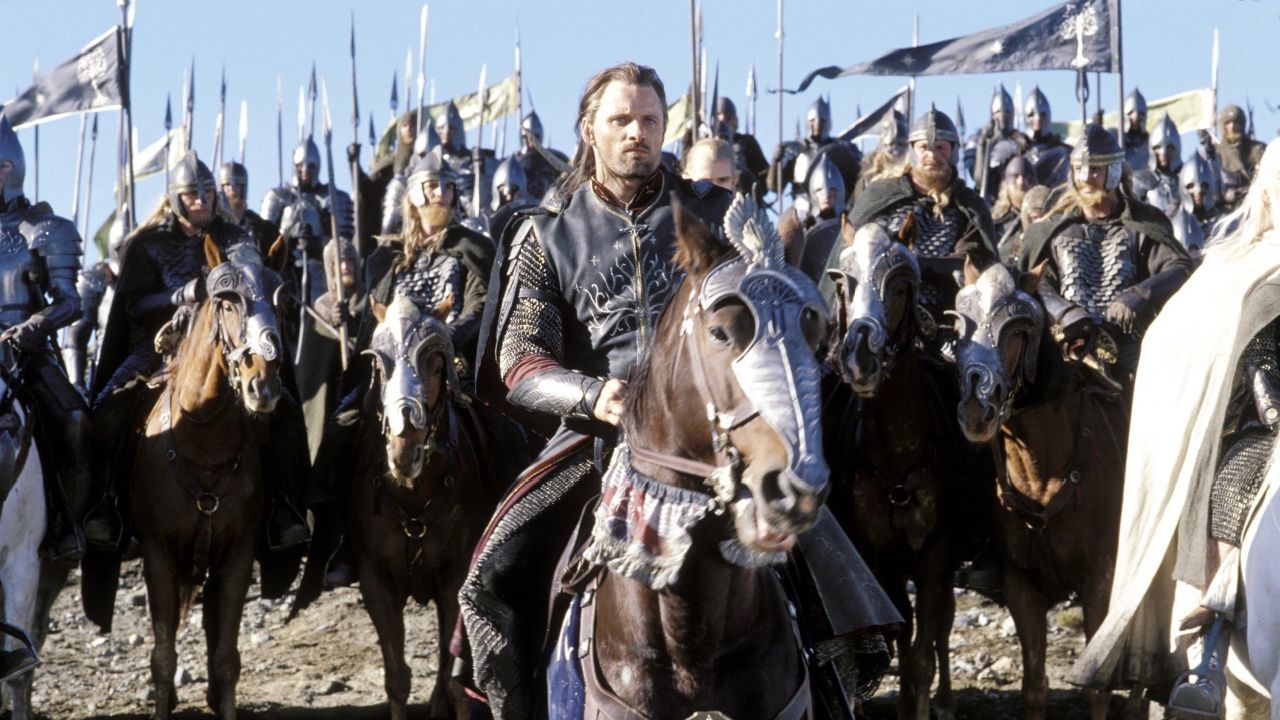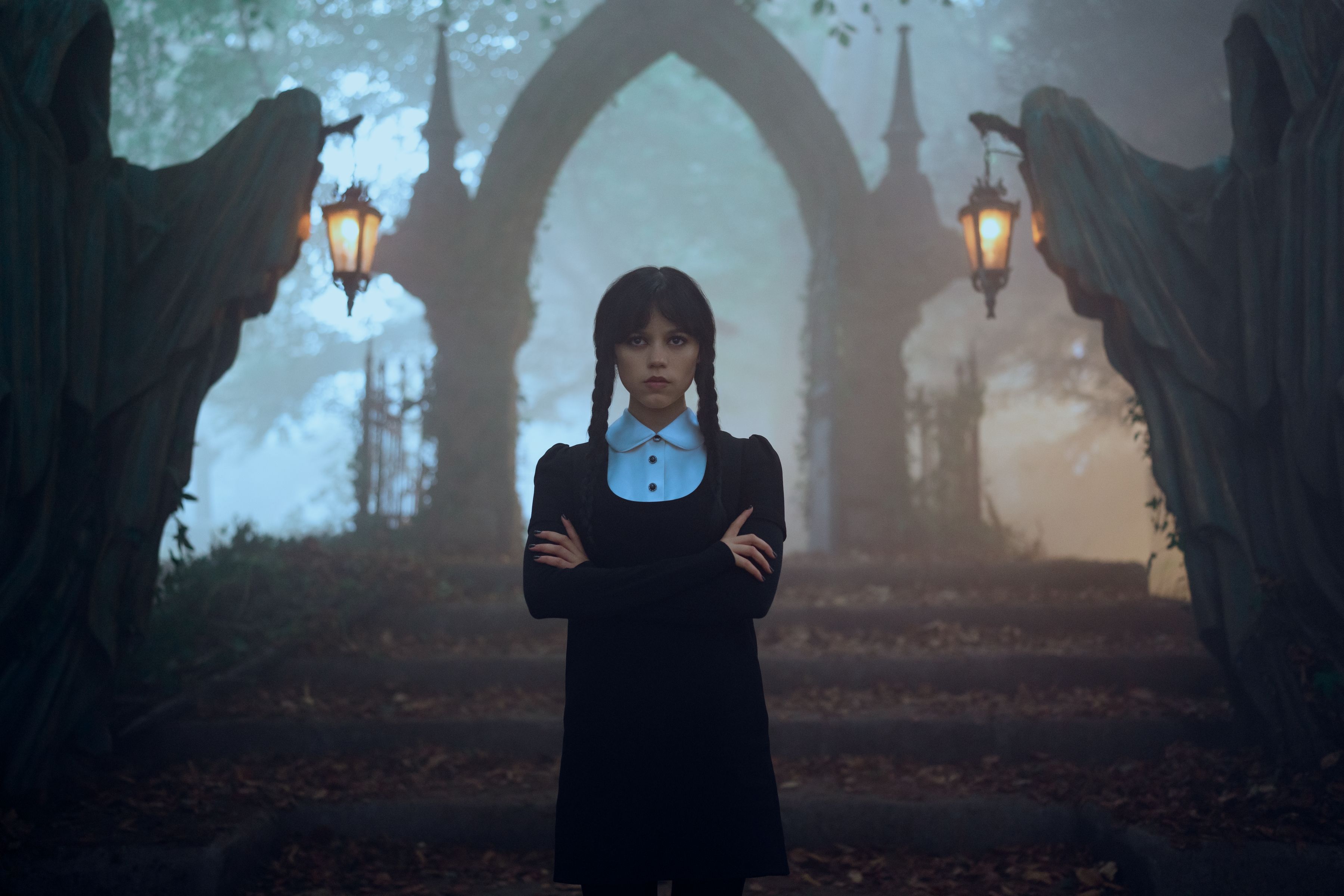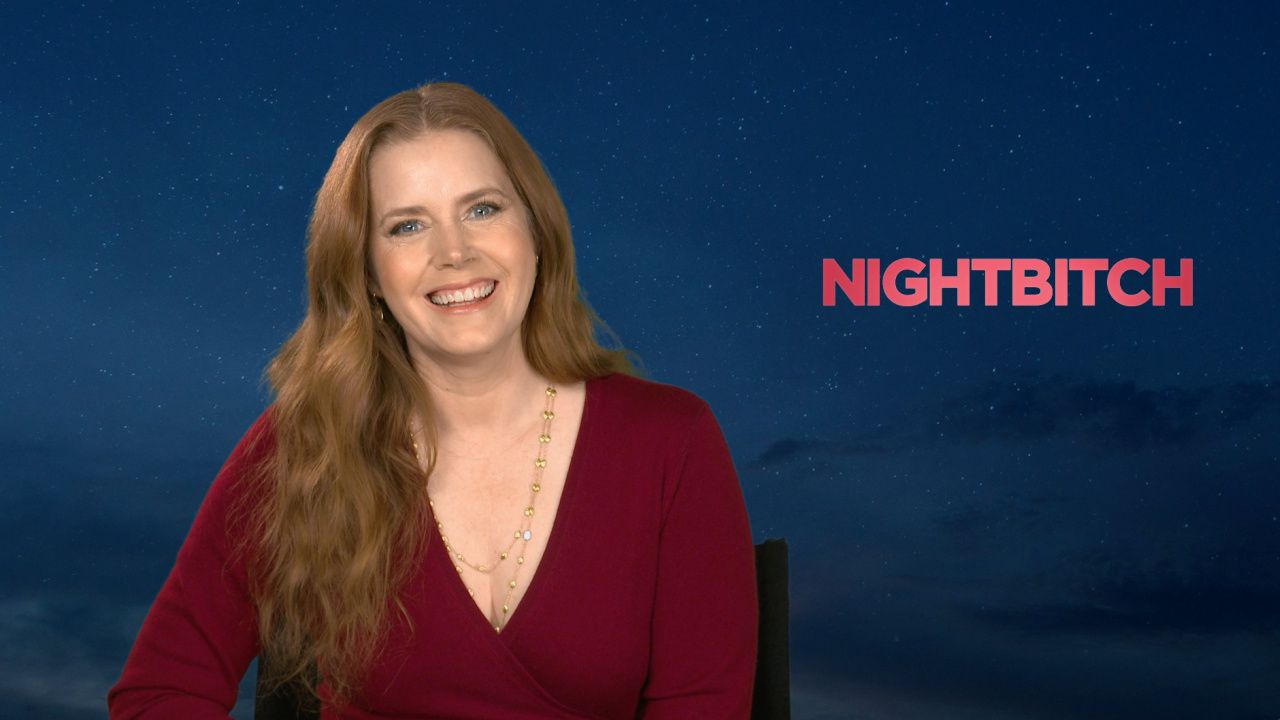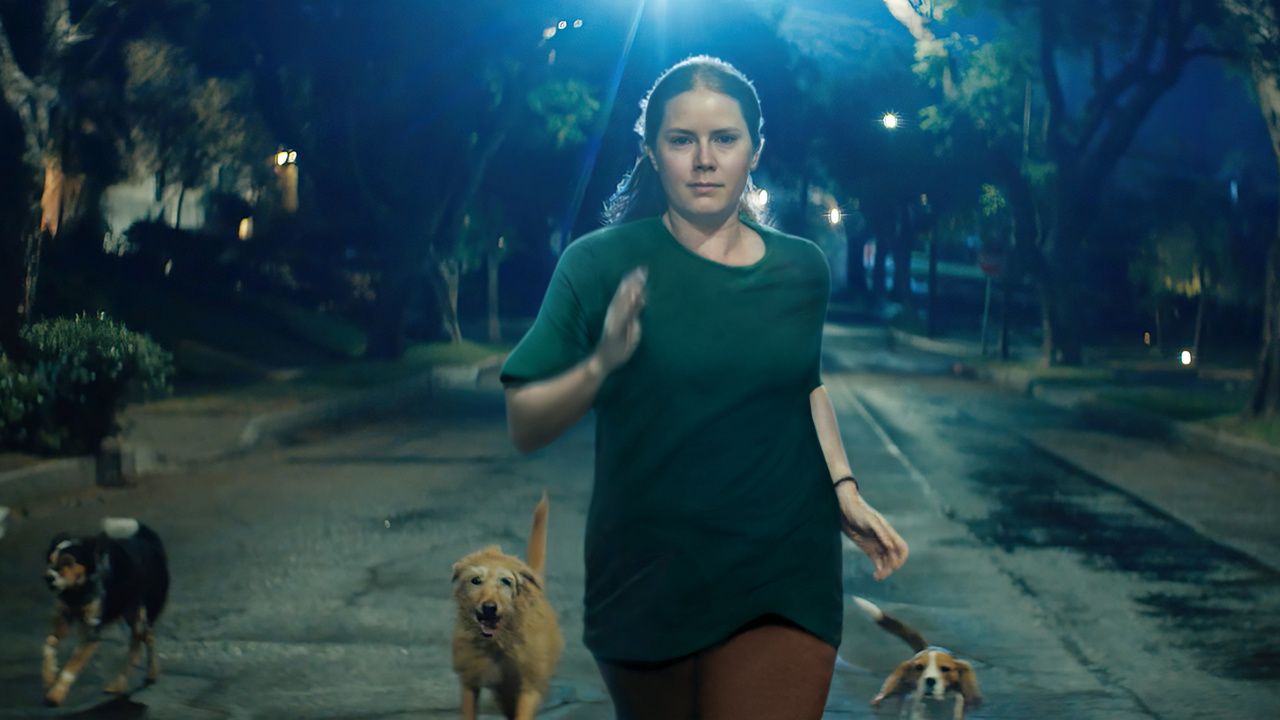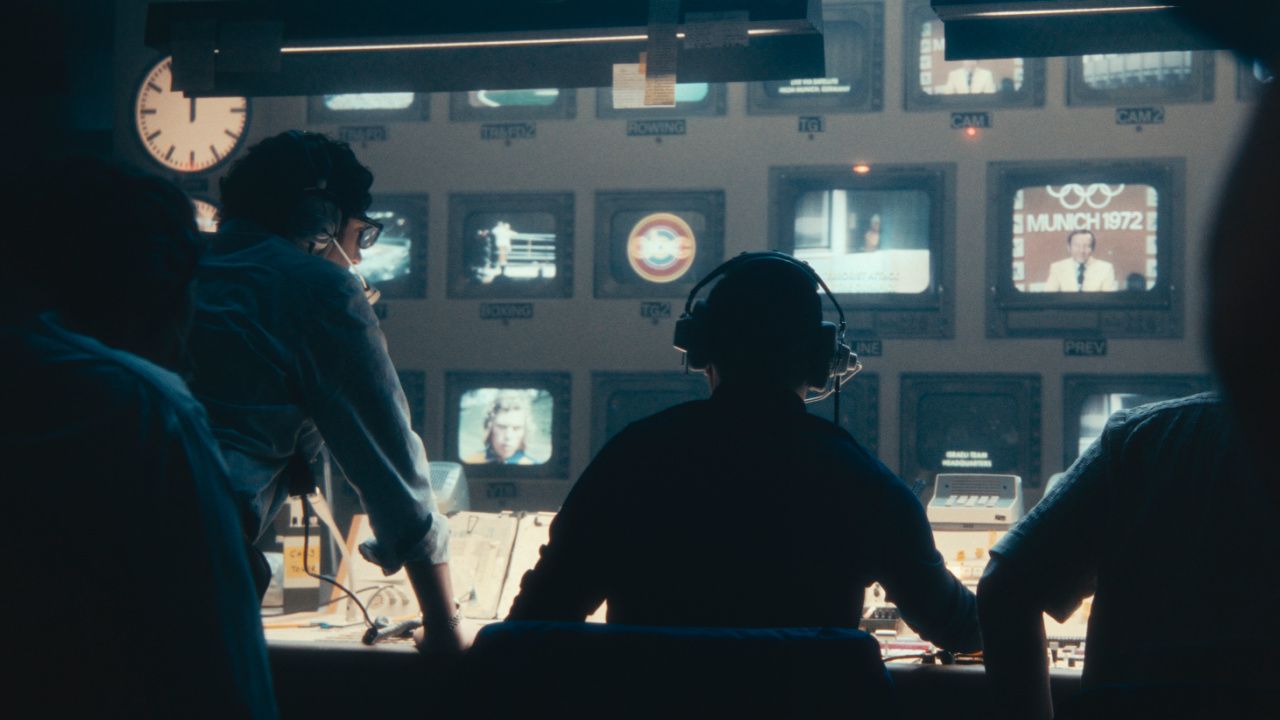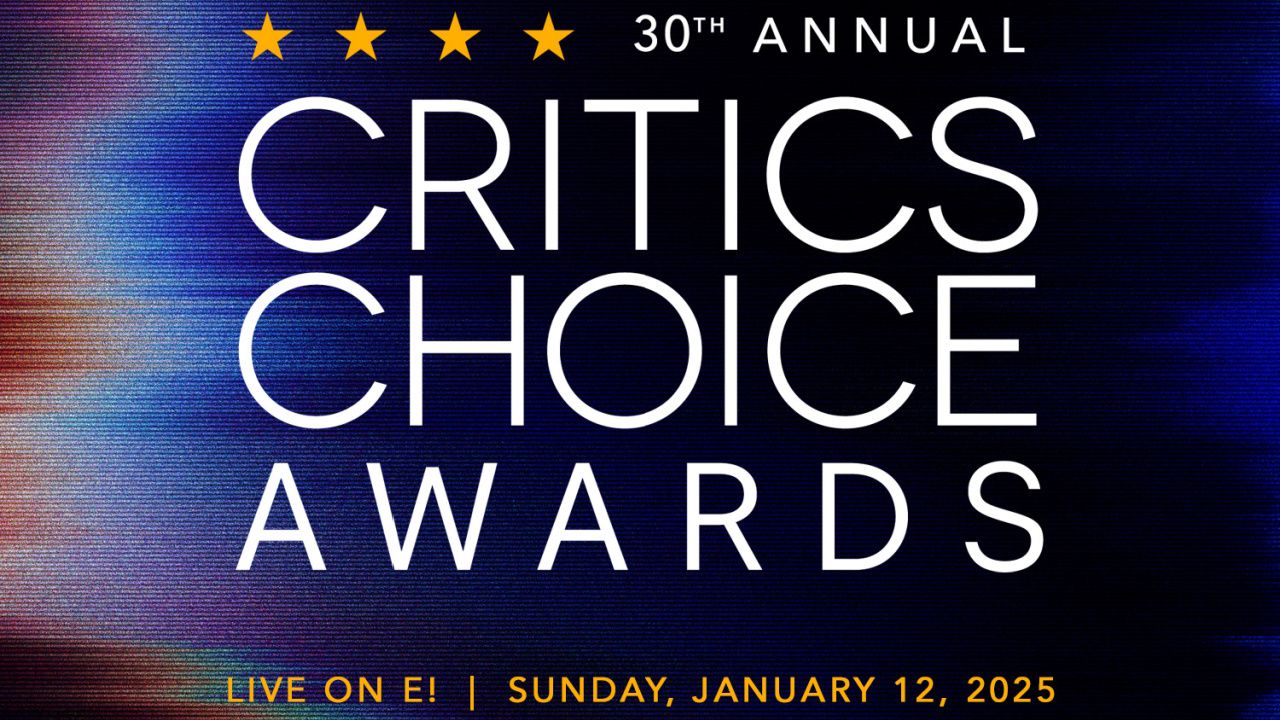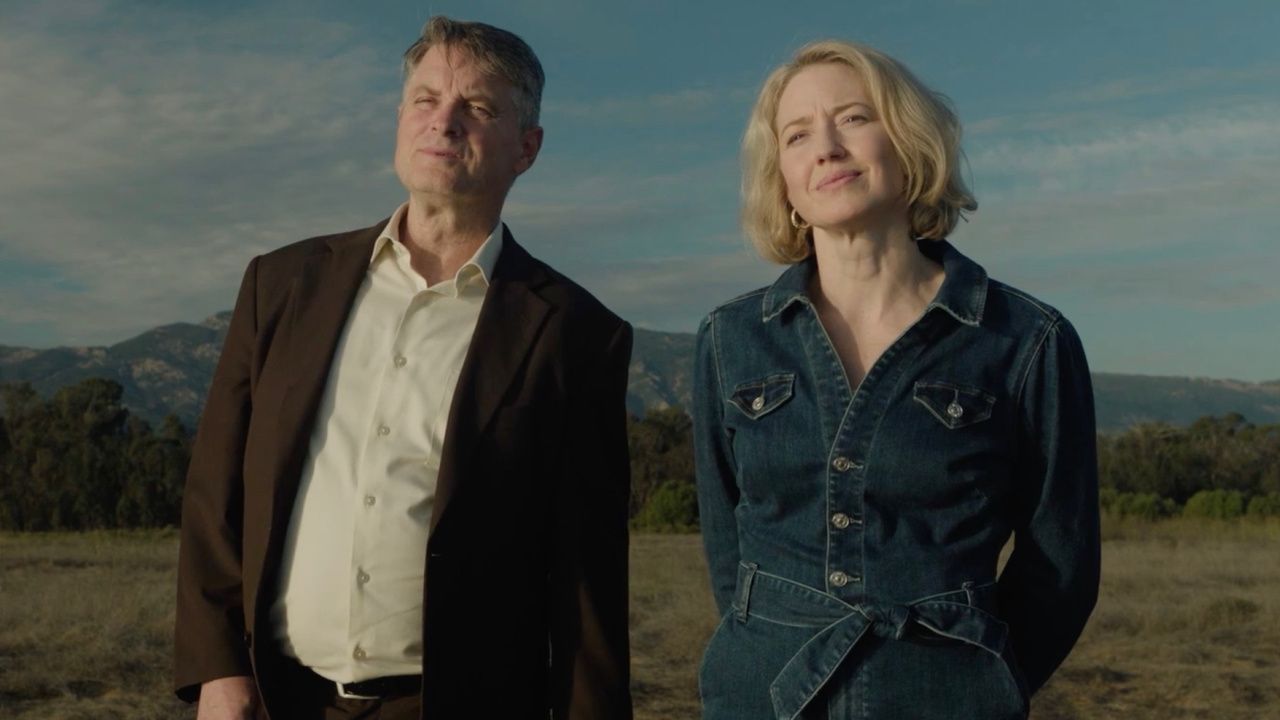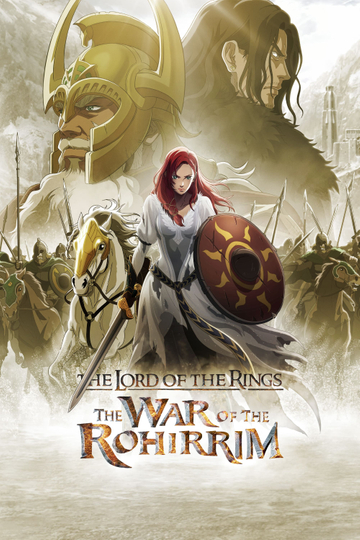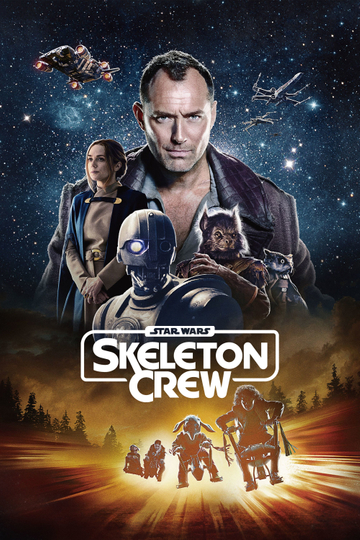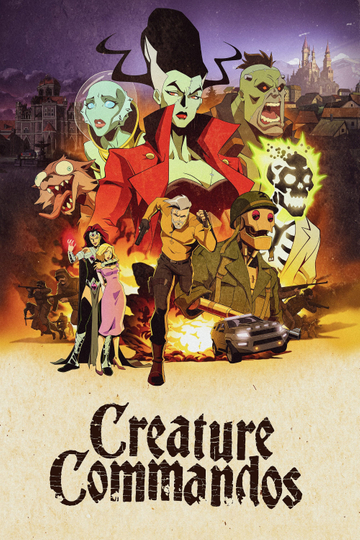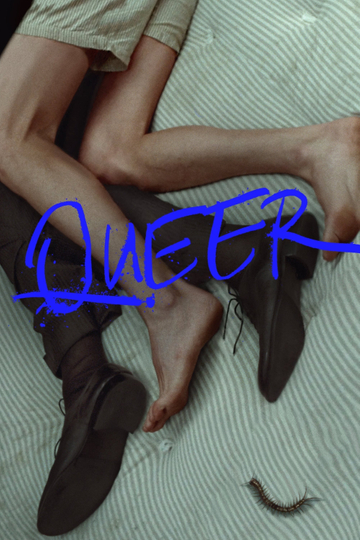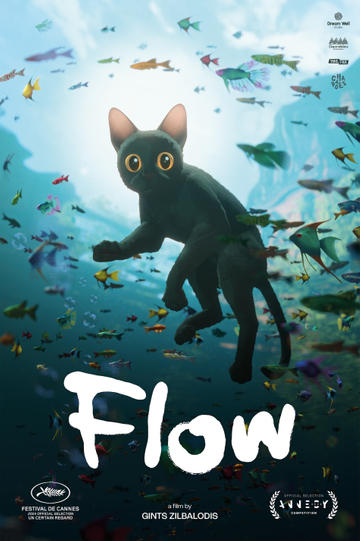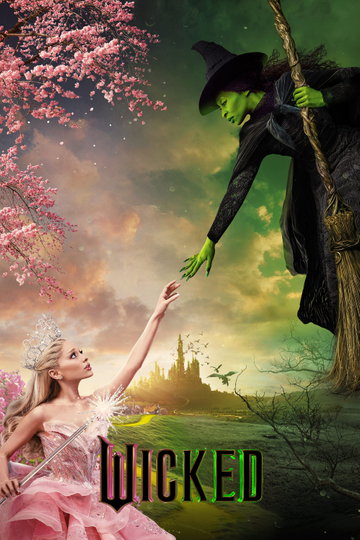'Agents of S.H.I.E.L.D.' Stars Ming-Na Wen & Chloe Bennet on Diversity, Marvel, and Strong Female Characters
For a generation of young women watching television today, S.H.I.E.L.D. agents Melinda May and Daisy Johnson will linger in their minds as idealistic -- but not idealized -- versions of what a woman can be: powerful, capable, clever, altruistic, athletic, diverse, and even a little flawed.
And Agents of S.H.I.E.L.D." leading ladies, admit they are acutely aware of just how important their characters are when it comes to both female representation and diversity on TV: Wen was born in Portuguese Macau and lived in Hong Kong before moving to the U.S. as a child; Bennet's father is Chinese American, her mother is Caucasian and she periodically lived in Chicago, Beijing, and Shanghai during her youth.
During a visit to WonderCon in Los Angeles, the actresses joined Moviefone for a frank, forthright discussion about the superheroic significance of their characters, playing their roles as fully dimensional women rather than masculinized action-babe stereotypes, and the continuing challenges of finding great roles for Asian American women in Hollywood.
Moviefone: Whenever you guys get in front of the fans at an event like WonderCon, what's the fun of it? Is there any fear of it?
Ming-Na Wen: I think the fans fear us. They should. [Laughs]
Chloe Bennet:I would fear us. Just kidding. It's really cool because we shoot for 10 months out of the year, and we're in this bubble of Marvel land and this universe that I feel like I spend more time in than I do in my real life. So it's fun to kind of stick your head out of that and go, "Oh, people are watching what we do every day."
And that's a little intimidating because you realize that we shoot so many days of the year, and you're not going to have good days that year, but that will end up on camera, and you will be seen by these people. I don't know. It's a little intimidating, but it's fun. It's fun to see the people watching the show.
Wen: I think for me, it's just such a joyful experience. There's really nothing like Marvel fans, and "Agents of S.H.I.E.L.D." fans are incredible. They range in such a wide range of ages and diversity.
Bennet: In every sense of the way. Ethnically diverse...
Wen: What I love most of all is when the kids are coming up and the moms and dads are saying how much the characters inspire them. Especially the strong female characters that are on our show.
Bennet: I have a soft spot for younger girls. Especially younger -- well, obviously, Asian girls for me. When I was a kid I didn't think that I could be on TV without being blonde and that kind of thing. And to see young girls be like, "I feel like I can do that too!" now, it's cool to have that.
That's the kind of thing I wanted to get into. First of all, this is a great time for women to get action-oriented roles, and you were right at the beginning of the movement. Tell me what that's meant to you to be there, after it was mostly ladies like Lynda Carter, Lucy Lawless, and Carrie Fisher for a long time...
Wen: I grew up with Sigourney Weaver as well. I mean, a lot of strong female characters were out there, but they were so sparse that they really stood out, whether it was a Princess Leia or whether it was Wonder Woman, like you said.
I just think that right now it is incredible. It seems almost like the female strong characters have become more popular than some of the male characters, and that's extraordinary -- and we don't have to be in these revealing outfits. It's just about who they are and what they can do and what they're capable of as opposed to what they look like, really.
Bennet: For such a long time, I feel like strength was portrayed as a masculine thing. That's still something I've struggled with on the show, making sure strength comes from my vulnerability and my sensitivity and my traits as a woman, rather than catering to the socially accepted version of strength meaning, "I don't show emotion."
There's so many times they're like, "We want you to be stronger," then they specified being a little bit more masculine. To me, that's not necessarily, that's not the only version of what being strong means. So it's been really fun to play a wide range of what strength means and what it means in terms of being a woman. It's just really cool.
We're on the right side of history right now. We're in a group of superheroes and women and 90 percent of the stunts done on our show are done by the women. And Ming is incredible.
Wen: Oh, so are you.
Bennet: It's insane. It's insane.
Wen: I'm just glad my body holds up and I can still move.
Bennet: Like, more than holds up. It's amazing.
Let's talk more about the diversity angle. Chloe, you mentioned how much it means to you to be on TV when you never thought you might have.
Wen:I was on TV though!
Bennet: You really were. "Mulan" straight up was...
Wen: "Mulan" is a gift from Disney for sure.
Bennet: "ER" and "Mulan." I'm from Chicago. My mom's a doctor who worked at Cook County Hospital.
Wen: I know, that's so cool.
Bennet: So that's crazy. And "Mulan" and "The Lion King" were the only Disney movies I ever saw, so you really were a huge inspiration growing up, even if I didn't know it. But there were still not a lot of people like me on TV. I remember looking at my dad and thinking, "Oh, my friends' dads don't look like this. The dads on TV don't look like this. What does that mean about me? There's no way. I'm from Chicago -- I'm going to be able to go and pursue this." So now having young girls of any ethnicity really come up and say, "I heard your family is diverse and you're half Chinese..."
Wen: And I know that you don't want to talk about it -- maybe you do -- but I just feel that you have a double whammy situation, too, because you are a mix. So she has the struggle of whether not looking Asian enough for a part, or not looking caucasian enough. And it's just so crazy to me because we are in America for crying out loud, where that is what it's about! It's about mixing races. It's about diversity in that respect.
Bennet: There're so many roles that I don't get.
Wen: The fact that there's still this sort of pigeon-holing of what you're supposed to look like to represent a certain race to me is just so archaic, it drives me insane.
Bennet: That's what's so great about the show, though. People were cast because of who they were, and not because of what they looked like or what ethnicity they were. I mean, Agent May was originally Agent Rice, right?
Wen: Which is ironic.
Bennet: Clearly, she wasn't meant to be Asian because that would have been way too obvious.
Wen: In fact, once I auditioned and got cast for the part, one of our executive producers, Maurissa Tancharoen, immediately was like, "OK, we need to change the name now because Agent Rice just might not fit very well."
Bennet: But that colorblind casting is what I think our show does so well.
Wen: I'm proud of it.
Bennet: There were so many different people of all ethnicities. I loved it. It made me want the part even more because if that's the type of casting that was happening, people behind the show knew what they were doing, obviously.
Wen: Right.
Bennet: It's cool, but it is a struggle. I cannot tell you how many times I've heard, "Well, she's not white enough to be the lead, but she's not Asian enough to be the best friend."
Wen: That thinking just needs to stop; it really does.
Bennet: How about "I'm right for the part," and that should be what it's about. It really is -- it's frustrating. And to think that that's still an issue...
Wen: It's interesting too, because that's what I love about Marvel. It does reflect on our society right now and the humanity issues going on. Right now, our characters are dealing with the Inhumans and the bad guys, the Hydra, and delegating whether Inhumans have these rights or those rights, rather than accepting them. The people that don't understand them feel completely threatened by them.
Bennet: It feels very relevant.
And there's not just two of you. There's Elizabeth [Henstrridge], Adrianne [Palicki], your showrunner Maurissa, guest stars -- all strong women in front of and behind the camera. What's it meant to have that sort of sisterhood of S.H.I.E.L.D., and not just have it be a mostly-boy's club?
Wen: The token girlfriend.
Bennet: It's definitely not a boy's club. It's definitely a show about strong characters...
Wen: But equality.
Bennet: ...whether male or female. We have a really strong group of male characters. The vulnerability lies in things that are really relatable, rather than needing someone to ... but there is that element of people. I think there's a couple moments Daisy feels like she needs to be rescued, and that's an issue she has. She has a deep-rooted issue: "I don't need to be rescued, and I keep messing up and this has happened."
Wen: But what's so great about Skye turning into Daisy's character that I love so much is about this young girl who's kind of lost and who's independent in her own way, and yet as she becomes more accepted into a family environment like S.H.I.E.L.D., and yet even through all her changes and confusion, she's becoming a leader as well. She's fighting through all that adversity and all the challenges and finding herself.
I mean, that couldn't be any more of a better role model. I have a teenage daughter right now. I see her going through that. Definitely, she can't start an earthquake -- thank goodness! But you see this struggle, and yet you see her overcoming. I think that's the correlation of these strong female characters -- that no matter what challenge is being dealt to them, they do find a way on their own, with or without a man. They're incredibly resilient to just have the inner confidence to survive and come through.













